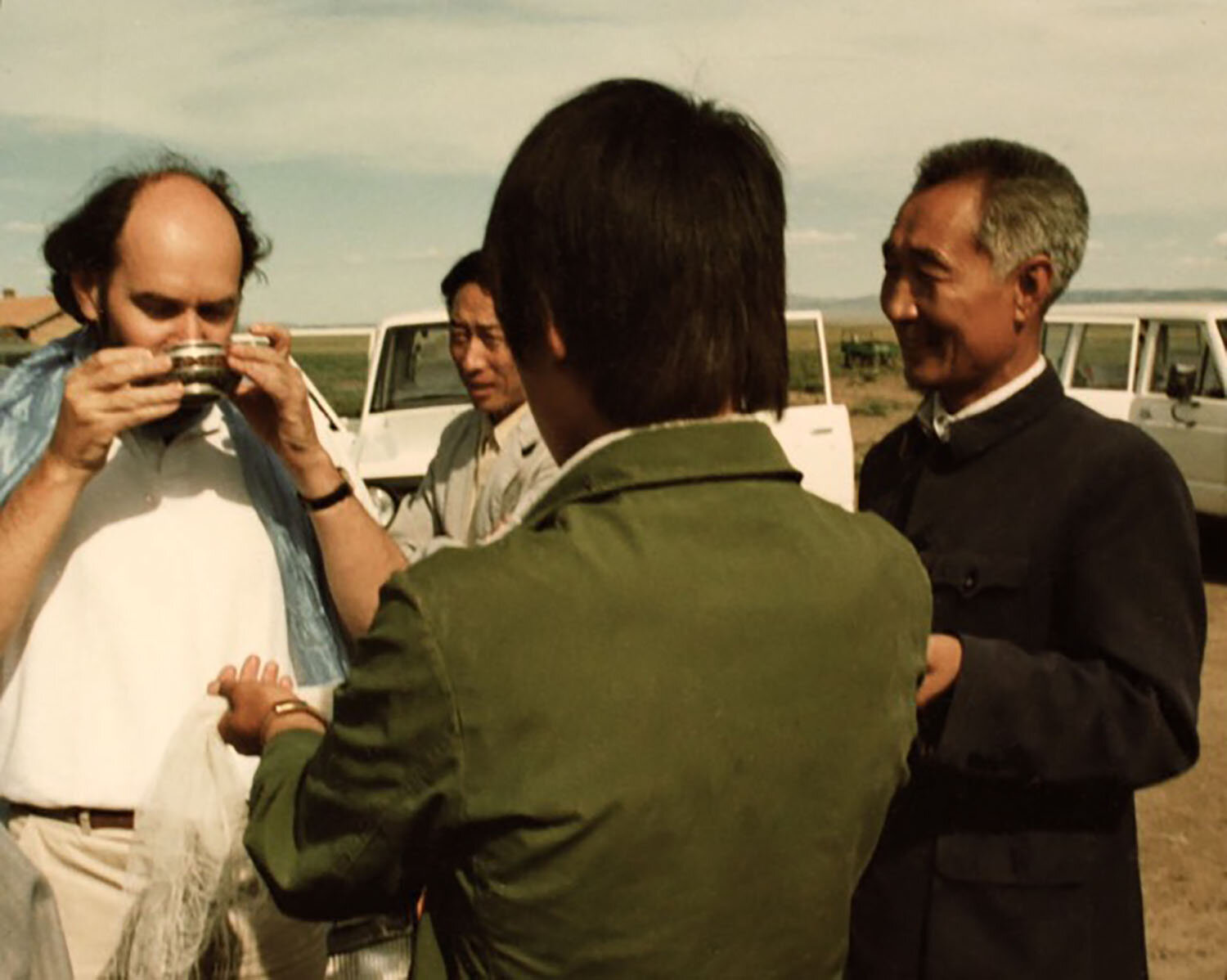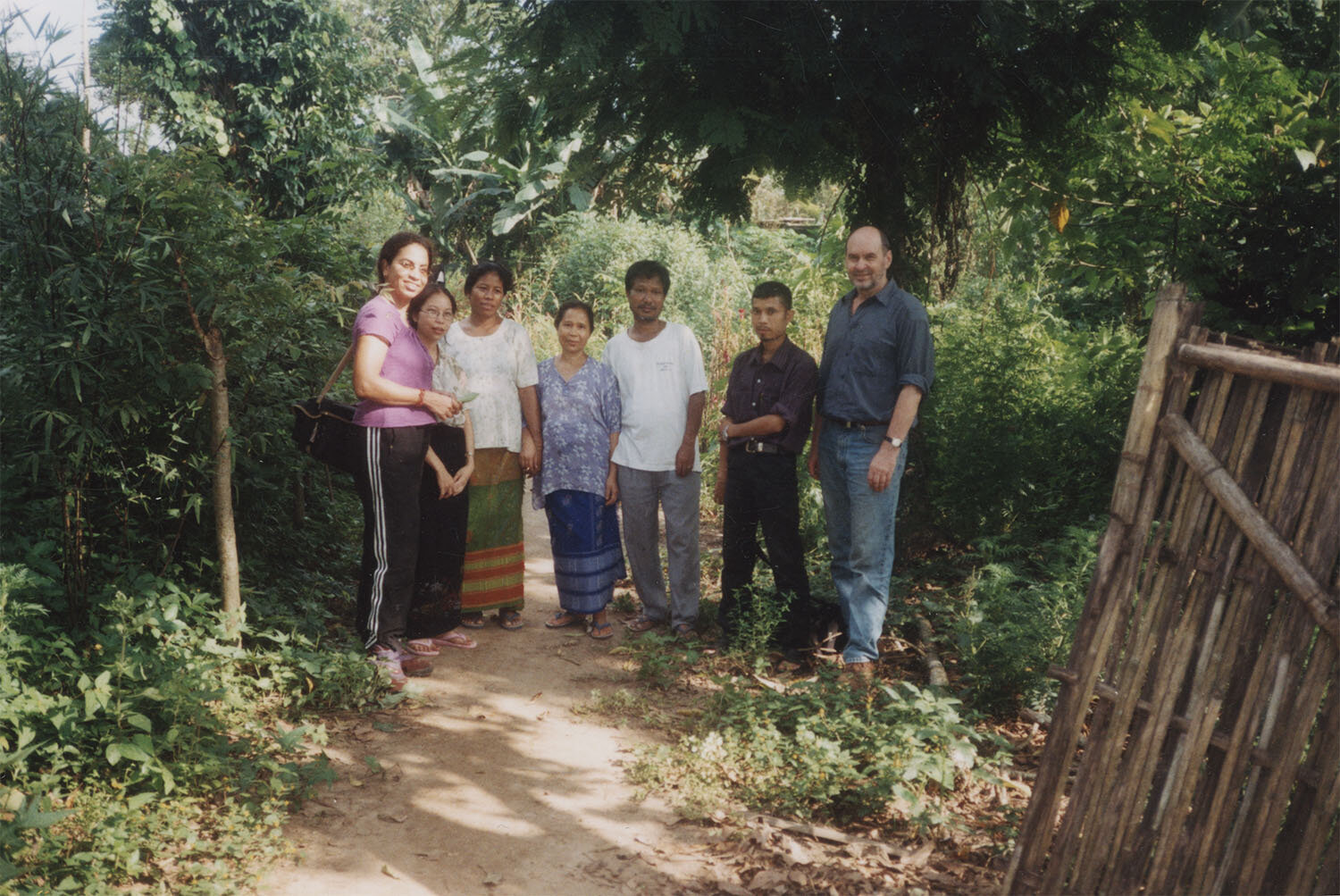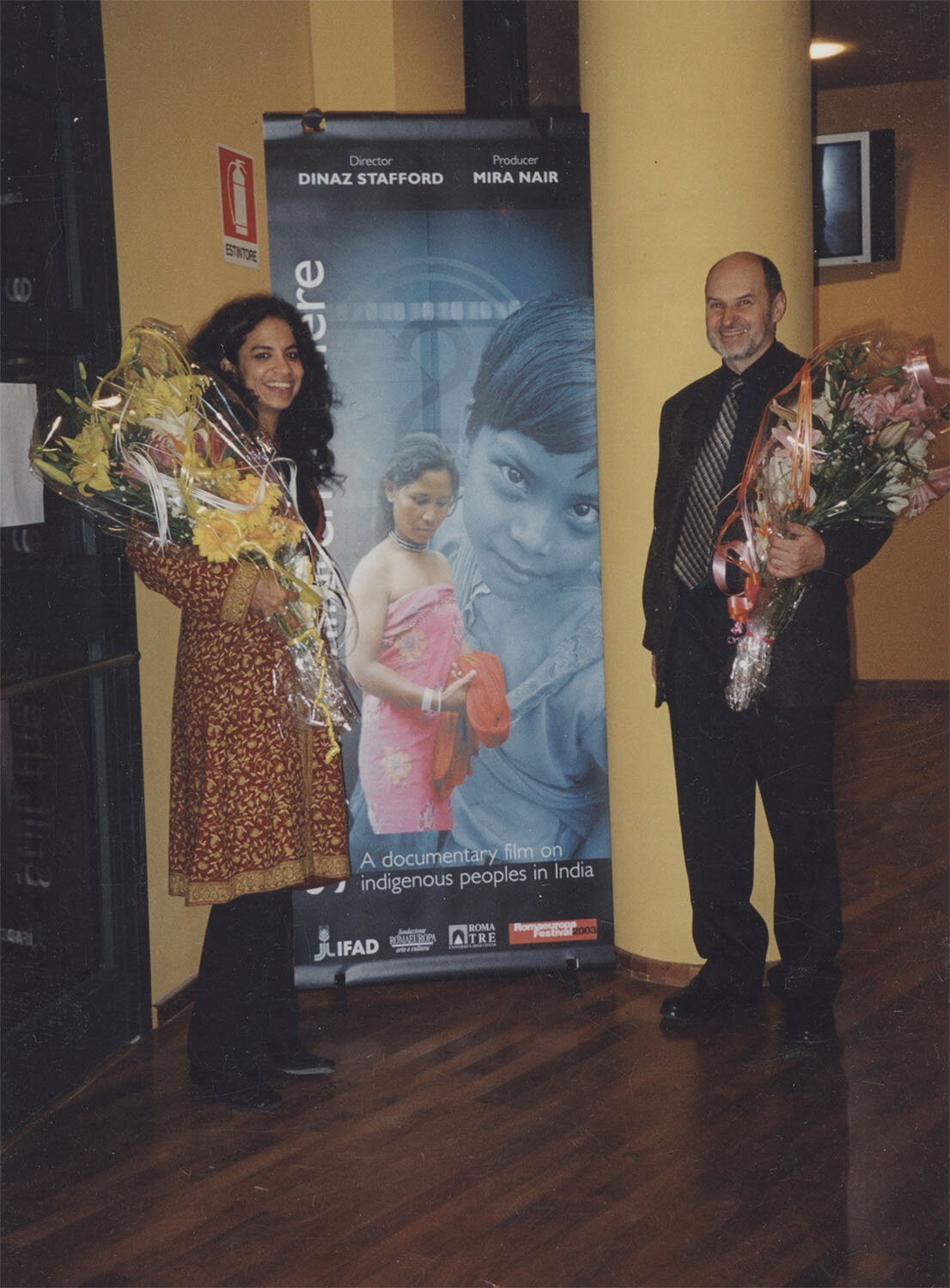2025 MAN PICKS FLOWER
“Man Picks Flower is instantly compelling; I read it in two days. A fusion of international intrigue and familial longing, Roger King’s beguiling new novel is something rare: a spy thriller with a loudly beating heart.”
—Jennifer Egan, Pulitzer prizewinning author of A Visit from the Goon Squad, Manhattan Beach, and The Candy House

“All is trembling on the edge of breakdown, yet the writing stays cool; the effect is of a quiet delirium.”
—THE GUARDIAN
ANNOUNCING: 2026
THE INDUSTRIAL REVOLUTION OF LOVE
Forthcoming Fall, 2026 from Regal House Publishing
“A charming biblio-fiction circling The Forsyte Saga, Roger King’s witty autofictional fantasia tracks capitalism’s effects through the century since Galsworthy brought Soames and Irene to life. Fans of Nell Stevens’s Bleaker House, Elif Batuman’s The Possessed, or Louise Bennett’s Checkout 19 will find this excellent company.”
Andrea Barrett, National Book Award winning author of Ship Fever and Natural History.
“I decided to be a writer when I was about eight. I was convinced that grown-ups could not understand the experience of childhood and that it was up to me to put them right before it was too late. I estimated that by twelve it would be too late. I did not write the child's book of childhood, but the sense that fleeting life needed to be apprehended in writing, and that its business was empathy, never left me. Of course, the enterprise became more complicated.
The international work began as the conviction that the understanding of life must be somewhere else. In the course of travels, I have at times worked with murderers, and people who wanted to murder me, freedom fighters who were called terrorists, idealistic jihadists, hospitable despots, and charming mercenaries―and have often found warmth where none should be expected to exist.”
Words of Praise
“Brilliantly prescient”
―New York Times on A Girl From Zanzibar
“Rich, compelling and wry”
―Times Literary Supplement on Love and Fatigue in America
“Beautifully worked”
―New York Times on Sea Level
“Engaging and subtle”
―Kirkus Reviews (Starred) on A Girl from Zanzibar
“Impressive depth and breadth”
―New Yorker on Sea Level
“Luminous clarity”
―The Guardian on Written on a Stranger’s Map
“Invaluable and gorgeous”
―New York Magazine on Still, The Children Are Here
"Ever since they proved the world was round it has played a cruel trick. You can travel as far as it is possible to travel—to a remote Pacific island, say; say Tonga or Ruatua—and then you decide you are still not far enough from England, so you take another step, to Indonesia, say, or New Guinea, and you find you are not farther but nearer. As you extend your flight, you return. As you put everything into your escape, you are recaptured. It makes me bad-tempered this refusal of progress by the world.”
—Opening of Sea Level










